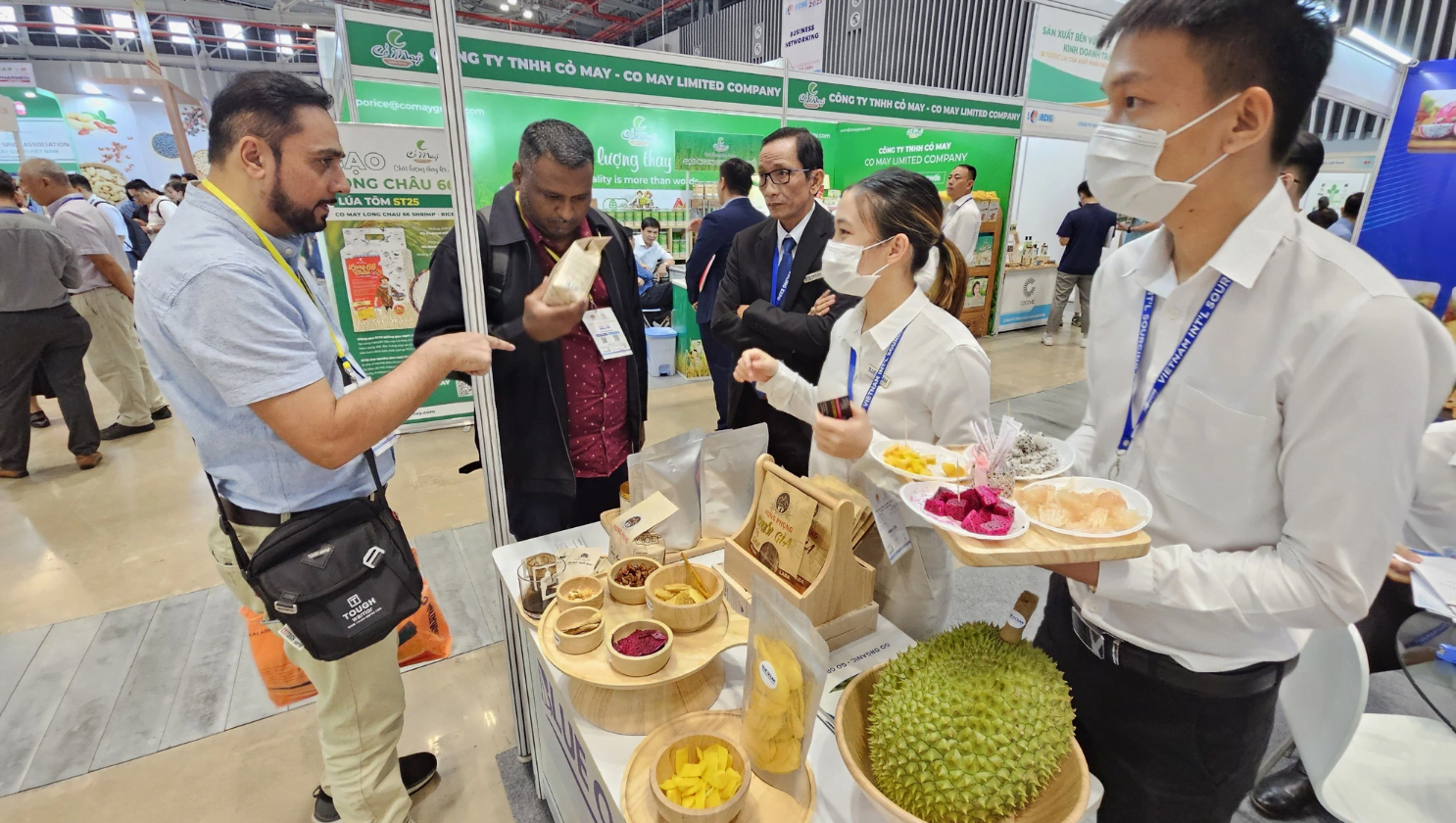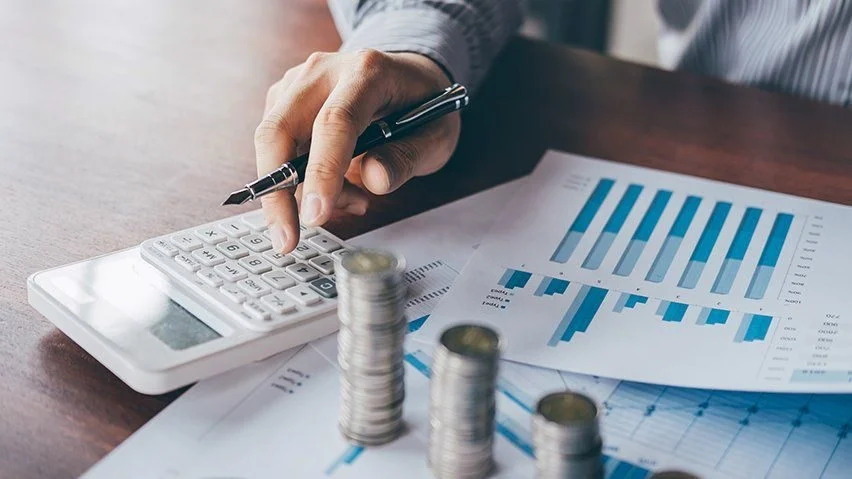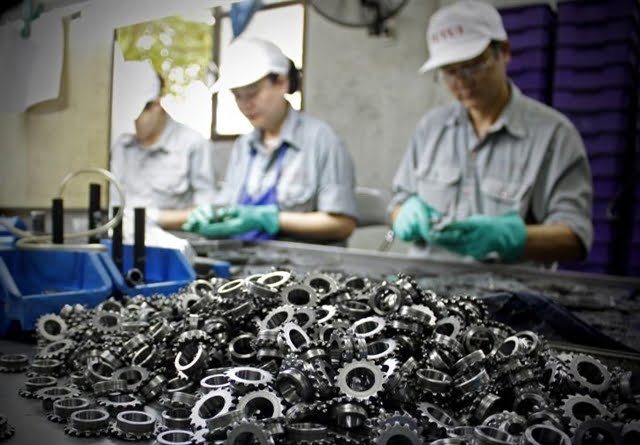Where to invest in Vietnam? Investing in Vietnam’s booming economy is promising in sectors like technology, manufacturing, renewable energy, and consumer goods due to rapid industrial growth, a young workforce, and increasing consumer demand.
Vietnam has undergone a remarkable economic transformation over the past few decades, transitioning from a centrally planned economy to a vibrant, market-driven one. This journey has been marked by steady GDP growth, integration into the global economy, and the emergence of Vietnam as a rising star in Southeast Asia.
The country’s transition from a centrally planned economy to a market-driven one has been a gradual but significant process. The government has implemented a series of economic reforms, known as “Doi Moi,” which have opened up the country to foreign investment and trade. These reforms have included the privatization of state-owned enterprises, the liberalization of prices, and the introduction of a more flexible exchange rate system.
The results of these reforms have been impressive. Vietnam’s GDP has grown at a steady pace, with the country consistently recording annual growth rates of around 6-7% in recent years. This growth has been driven by a range of factors, including the country’s strategic location, its integration into global supply chains, and its rapidly growing and increasingly affluent population. Vietnam’s integration into the global economy has also been a key driver of its economic transformation, with the country becoming a member of the World Trade Organization (WTO) in 2007 and signing a number of free trade agreements, including the Comprehensive and Progressive Agreement for Trans-Pacific Partnership (CPTPP) and the EU-Vietnam Free Trade Agreement (EVFTA).
Key Takeaways
- Vietnam’s economy has transformed from emerging to thriving, offering promising investment opportunities.
- Key drivers of Vietnam’s economic growth include a growing middle class, increasing urbanization, and a young and dynamic workforce.
- Sectors ripe for individual investment in Vietnam include real estate, manufacturing, tourism and hospitality, technology and innovation, and agriculture and food production.
- Real estate presents an opportunity to tap into Vietnam’s property boom, driven by urbanization and a rising middle class.
- Manufacturing offers potential for individual investors to capitalize on the rise of Vietnam’s industrial base, fueled by a skilled labor force and favorable trade agreements.

Key Drivers of Vietnam’s Economic Growth
Vietnam’s economic growth has been fueled by a number of key drivers, including its favorable demographic trends, strategic location, ongoing reforms, and rapid industrialization.
Vietnam’s population is young, growing, and increasingly affluent, with a median age of just 32 years old. This demographic dividend has provided the country with a large and productive workforce, which has been a key driver of its economic growth. The country’s strategic location, situated at the heart of Southeast Asia, has also been a significant advantage, allowing it to integrate seamlessly into global supply chains and take advantage of the region’s growing economic dynamism.
Ongoing reforms and business-friendly policies have also played a crucial role in Vietnam’s economic transformation. The government has implemented a range of measures to improve the country’s investment climate, including streamlining bureaucratic procedures, reducing red tape, and offering attractive incentives to foreign investors. These reforms have helped to attract significant foreign direct investment (FDI) into the country, with sectors such as manufacturing, real estate, and technology attracting particularly strong interest.
Vietnam’s rapid industrialization has also been a key driver of its economic growth. The country has been able to leverage its low-cost labor and strategic location to emerge as a manufacturing hub, with a growing focus on higher-value-added industries such as electronics, automotive, and aerospace. This shift towards more sophisticated manufacturing has helped to drive productivity gains and boost the country’s export competitiveness.
Sectors Ripe for Individual Investment
Vietnam’s diverse and rapidly growing economy presents a range of investment opportunities for individual investors. From real estate and manufacturing to tourism and technology, the country offers a wealth of potential for those willing to navigate the market.
When identifying promising sectors for investment, it is important to consider a range of factors, including the size and growth potential of the market, the competitive landscape, the regulatory environment, and the availability of reliable local partners and professional advisors. Additionally, investors should carefully assess the risks and challenges associated with each sector, such as market volatility, regulatory changes, and political and economic instability.
One sector that has been particularly attractive for individual investors is the real estate market, which has been buoyed by rapid urbanization, a growing middle class, and strong foreign investment. The manufacturing sector has also been a focus of interest, with investors drawn to the country’s competitive labor costs, favorable policies, and integration into global supply chains. The tourism and hospitality industries have also seen significant growth, driven by Vietnam’s increasing appeal as a tourist destination, while the technology and innovation sectors have been attracting attention from investors seeking to capitalize on the country’s digital transformation.
Real Estate: Tapping into Vietnam’s Property Boom
Vietnam’s real estate market has been experiencing a sustained boom in recent years, driven by a range of factors, including rapid urbanization, a growing middle class, and strong foreign investment. The country’s thriving real estate sector encompasses a diverse range of segments, including residential, commercial, and industrial properties.
The residential market has been particularly dynamic, with the rising middle class and growing demand for high-quality housing fueling the construction of new apartment complexes and luxury developments. The commercial real estate sector has also seen significant growth, with the expansion of retail, office, and hospitality properties to cater to the needs of businesses and the growing number of visitors to Vietnam.
For individual investors, the Vietnamese real estate market presents a range of opportunities to capitalize on the country’s property boom. Strategies for investing in the real estate sector may include acquiring residential or commercial properties, investing in real estate investment trusts (REITs), or participating in real estate development projects. However, it is important to carefully consider the risks and challenges associated with the Vietnamese real estate market, such as regulatory changes, market volatility, and the availability of reliable local partners and professional advisors.
Manufacturing: Capitalizing on the Rise of Vietnam’s Industrial Base
| Investment Sector | Growth Rate | Risk Level |
|---|---|---|
| Technology | 15% | Medium |
| Tourism | 20% | Low |
| Manufacturing | 12% | High |
| Real Estate | 18% | Medium |
Vietnam has emerged as a manufacturing hub in Southeast Asia, attracting significant foreign investment and becoming an integral part of global supply chains. The country’s competitive labor costs, favorable policies, and strategic location have made it an attractive destination for manufacturers across a range of industries, from electronics and automotive to textiles and footwear.
The rise of Vietnam’s industrial base has been driven by a combination of factors, including the government’s efforts to attract foreign investment, the country’s integration into regional and global trade agreements, and the ongoing shift of manufacturing operations from China to other parts of Asia. Vietnam’s large and relatively young workforce, combined with its improving infrastructure and logistics networks, have also contributed to its appeal as a manufacturing destination.
For individual investors, the Vietnamese manufacturing sector presents a range of opportunities to capitalize on the country’s industrial growth. Potential investment avenues may include investing in manufacturing companies, participating in industrial real estate development projects, or providing specialized services and equipment to the manufacturing industry. However, navigating the regulatory landscape and addressing challenges such as supply chain disruptions and labor shortages will be crucial for successful investments in this sector.
Tourism and Hospitality: Riding the Wave of Increasing Visitor Arrivals
Vietnam’s growing appeal as a tourist destination has fueled the expansion of the country’s tourism and hospitality industries. The country’s diverse natural landscapes, rich cultural heritage, and increasingly sophisticated tourism infrastructure have attracted a steadily increasing number of visitors, both from within the region and around the world.
The tourism and hospitality sectors have been key drivers of Vietnam’s economic growth, with the government actively promoting the country as a premier travel destination. This has led to the development of a wide range of accommodation options, from luxury resorts and boutique hotels to budget-friendly hostels and guesthouses. The expansion of the tourism industry has also created opportunities in related sectors, such as food and beverage, transportation, and entertainment.
For individual investors, the Vietnamese tourism and hospitality sectors present a range of investment opportunities. These may include investing in hotel or resort properties, developing specialized tourism-related services and amenities, or participating in the growth of the country’s burgeoning vacation rental market. However, investors must carefully consider factors such as seasonality, competition, and the regulatory environment when evaluating potential opportunities in this dynamic and rapidly evolving sector.
Technology and Innovation: Investing in Vietnam’s Digital Future
Vietnam’s digital transformation has been a key driver of its economic growth, with the country’s technology and innovation sectors attracting increasing attention from both domestic and international investors. The country has seen the emergence of a thriving startup ecosystem, with a growing number of tech-savvy entrepreneurs and innovative companies developing solutions across a wide range of industries.
The Vietnamese government has been actively promoting the development of the country’s technology sector, implementing policies and initiatives to support the growth of the digital economy. This has included investments in infrastructure, the creation of technology parks and incubators, and the introduction of favorable regulations and incentives for tech companies.
For individual investors, the Vietnamese technology and innovation sectors present a range of opportunities to capitalize on the country’s digital transformation. Potential investment avenues may include investing in promising startups, participating in venture capital or private equity funds focused on the Vietnamese tech sector, or providing specialized services and solutions to the growing number of tech-enabled businesses in the country. However, navigating the regulatory landscape and addressing challenges such as intellectual property protection and talent acquisition will be crucial for successful investments in this dynamic and rapidly evolving sector.
Agriculture and Food Production: Opportunities in Vietnam’s Agribusiness
 Vietnam’s agricultural sector has long been a cornerstone of the country’s economy, and the agribusiness industry continues to present a range of investment opportunities for individual investors. The country’s diverse climatic conditions, fertile land, and abundant water resources have enabled the production of a wide variety of agricultural commodities, from rice and coffee to fruits, vegetables, and seafood.
Vietnam’s agricultural sector has long been a cornerstone of the country’s economy, and the agribusiness industry continues to present a range of investment opportunities for individual investors. The country’s diverse climatic conditions, fertile land, and abundant water resources have enabled the production of a wide variety of agricultural commodities, from rice and coffee to fruits, vegetables, and seafood.
The growing demand for high-quality food products, both domestically and internationally, has fueled the expansion of Vietnam’s agribusiness sector. The government has also been actively promoting the modernization and mechanization of the agricultural industry, with a focus on improving productivity, quality, and sustainability.
For individual investors, the Vietnamese agribusiness sector offers a variety of investment opportunities, ranging from the production and processing of agricultural commodities to the development of value-added food products and the provision of specialized services and equipment to the industry. Potential investment avenues may include investing in farmland, participating in agricultural cooperatives or processing facilities, or developing innovative food and beverage brands. However, investors must carefully navigate the regulatory environment, address challenges related to infrastructure and logistics, and ensure the sustainability and traceability of their agricultural operations.
Navigating the Investment Landscape: Tips for Individual Investors in Vietnam
Investing in Vietnam’s dynamic and rapidly evolving economy presents both opportunities and challenges for individual investors. To navigate the investment landscape successfully, it is crucial to understand the regulatory environment, conduct thorough due diligence, and identify reliable local partners and professional advisors.
The regulatory environment in Vietnam can be complex, with a range of laws and regulations governing foreign investment, taxation, and business operations. Investors must familiarize themselves with the relevant legal and compliance requirements, and ensure that they are operating within the bounds of the law. This may involve seeking the guidance of local legal and financial professionals who can provide expert advice and support.
Conducting thorough due diligence is also essential when investing in Vietnam. This includes researching the target market, assessing the competitive landscape, and evaluating the financial and operational performance of potential investment targets. Investors should also carefully consider the risks and challenges associated with their chosen investment, such as market volatility, political and economic instability, and the availability of reliable local partners.
Identifying reliable local partners and professional advisors is another critical factor for successful investments in Vietnam. Establishing strong relationships with local businesses, government agencies, and industry experts can provide valuable insights, access to networks, and support in navigating the complexities of the Vietnamese market. Investors should also seek the guidance of experienced legal, financial, and tax professionals who can help them navigate the regulatory landscape and mitigate risks.
By understanding the regulatory environment, conducting thorough due diligence, and leveraging the expertise of local partners and professional advisors, individual investors can navigate the Vietnamese investment landscape and capitalize on the country’s diverse and rapidly growing economy.
FAQs
What is the current state of Vietnam’s economy?
Vietnam’s economy has been experiencing rapid growth in recent years, with a focus on industrialization and modernization. The country has become an attractive destination for foreign investment and has seen a rise in exports and foreign trade.
What are some key sectors of Vietnam’s economy that individuals can invest in?
Some key sectors of Vietnam’s economy that individuals can consider investing in include manufacturing, technology, real estate, tourism, and agriculture. These sectors have shown significant growth and potential for further development.
What are the regulations for individual investment in Vietnam?
Foreign individuals looking to invest in Vietnam should be aware of the country’s investment regulations, which may include restrictions on foreign ownership in certain sectors and the need to obtain investment licenses. It is advisable to seek legal and financial advice before making any investment.
What are the potential risks of investing in Vietnam’s economy as an individual?
Potential risks of investing in Vietnam’s economy as an individual may include regulatory changes, currency fluctuations, political instability, and market competition. It is important for individuals to conduct thorough research and due diligence before making any investment decisions.
What are the benefits of investing in Vietnam’s economy as an individual?
Investing in Vietnam’s economy as an individual can offer potential benefits such as access to a growing market, favorable demographics, a skilled labor force, and government incentives for foreign investment. Additionally, Vietnam’s strategic location in Southeast Asia provides opportunities for regional trade and business expansion.
Originally posted 2024-05-27 10:34:08.




